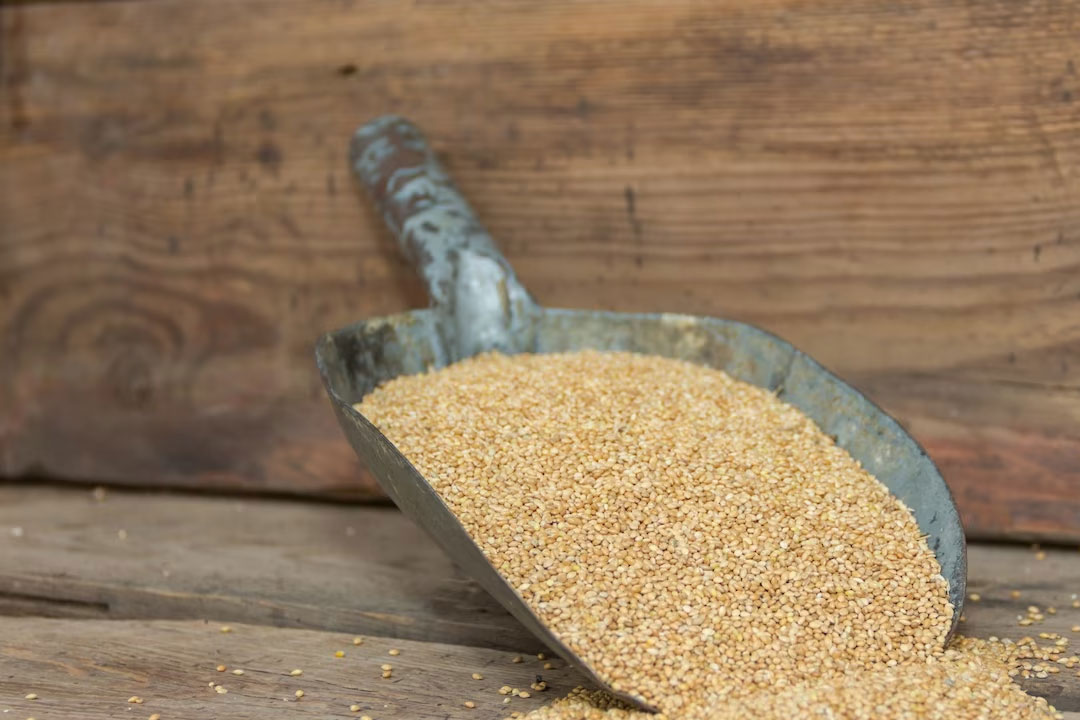
Zimbabwe commemorated the International Year of Millets on March 23, 2023, joining the world in celebrating the benefits and potential of these “nutri-cereals.” Millets are known for their high nutritional content, as well as their ability to grow on poor soils with minimal inputs, resist crop diseases and pests, and survive adverse climatic conditions. As climate change continues to impact food and nutrition security, investing in the cultivation of millets is becoming increasingly urgent and necessary.
The United Nations General Assembly declared 2023 the International Year of Millets with the aim of raising awareness and policy attention to the nutritional and health benefits of millets and their suitability for cultivation under adverse and changing climatic conditions. Zimbabwe’s celebration of the International Year of Millets was held in Masvingo, the country’s oldest city, with the theme “rich in heritage, full of potential.”
In his opening remarks, Honourable Vangelis Haritatos, Deputy Minister of Lands, Agriculture, Fisheries, Water, and Rural Development, highlighted the potential of traditional grains to contribute to the prevention and alleviation of food and nutrition insecurity in the face of climate change. The Food and Agriculture Organization of the United Nations (FAO), the International Treaty on Plant Genetic Resources for Food and Agriculture (ITPGRFA), and the Government of Zimbabwe through the Ministry responsible for Agriculture, development and implementing partners with support of the Italian Government coordinated the IYM celebrations.
The celebrations facilitated field visits to millet cultivation projects in Manicaland and Masvingo provinces, providing a unique opportunity to learn and share experiences of millet cultivation in the country. The delegation visited the Shashe School of Agroecology, where they toured finger millets, pearl millets, sorghum fields, and sorghum participatory varietal demonstration sites and gene banks. Local farmers shared their experiences, highlighting the importance of millets in achieving food sovereignty and nutrition at the household level.
The celebrations concluded by agreeing to adopt millets and scale up production as part of the immediate operationalization and implementation of the national Traditional Grains Policy of Zimbabwe. They also discussed strengthening science-policy interaction and inclusion of women and youths in investing in science-based millet breeding and production programs. With the Government’s support and the enabling policy landscape for millet promotion and production in Zimbabwe and the region, the celebrations recognized the need to take advantage of the opportunities to promote and produce millets.
The International Treaty operates a unique Multilateral System of Access and Benefit Sharing that provides farmers, researchers, and plant breeders around the world with access to over 2.4 million samples of seeds and other plant genetic material, including millets. The promotion of millets is in line with the new fit-for-purpose FAO’s Strategy on Climate Change, which encompasses game-changing, innovative, and science-based solutions through effective collaboration and strong partnerships working collectively towards the achievement of SDGs.
In conclusion, Zimbabwe’s celebration of the International Year of Millets demonstrated the potential and importance of millets in achieving food and nutrition security, particularly in the face of climate change. The adoption and scaling up of millet production, as well as the strengthening of science-policy interaction and inclusion of women and youths, are crucial steps towards achieving this goal.


















